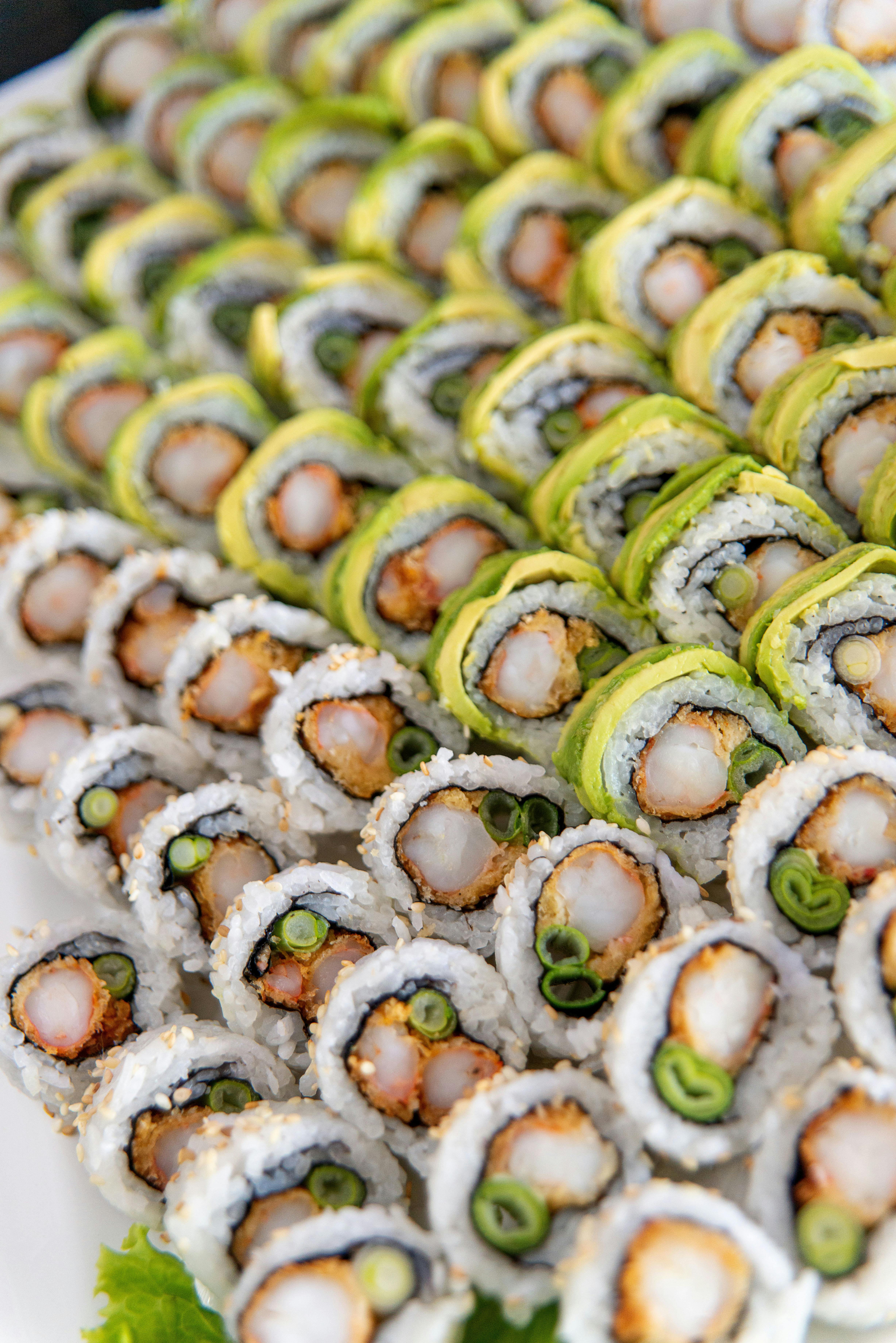Effective Ways to Clean Retainers at Home in 2025
Importance of Retainer Cleaning
Keeping your retainers clean is essential for maintaining oral health and ensuring the longevity of these dental appliances. Retainers can harbor bacteria, plaque, and food particles that, if neglected, may lead to unpleasant odors, discoloration, and even potential oral health issues. Knowing how to clean retainers effectively at home not only enhances their hygiene but also contributes to overall dental care. This article explores various cleaning methods, tips, and routines that will keep your retainers in pristine condition.
Maintaining a proper cleaning routine is vital. Here's why:
- Prevents plaque buildup: Regular cleaning helps reduce plaque accumulation on retainers, thereby minimizing the risk of gum disease and cavities.
- Promotes a fresh breath: Clean retainers ensure that you maintain fresh breath, free from any unwanted odors.
- Enhances retainer lifespan: Proper care can prevent wear and staining, making your retainers last longer.
Now that we understand the importance of cleaning our retainers let’s dive into the various methods for effective retainer cleaning.
Best Retainer Cleaning Methods
When it comes to cleaning retainers, several methods can be employed. Each method boasts its advantages and is suitable for different types of retainers. Here, we explore some of the best ways to clean retainers, ensuring they remain hygienic and odor-free.
1. **Vinegar Soak:** Cleaning retainers with vinegar is a natural method that effectively eliminates bacteria. Combine equal parts water and white vinegar, soak your retainers for about 30 minutes, and then rinse thoroughly.
2. **Baking Soda Paste:** For those wondering how to clean retainers with baking soda, creating a paste using baking soda and water can work wonders. This method not only cleans but also deodorizes your retainers. Apply the paste with a soft toothbrush, ensuring you give thorough attention to all surfaces.
3. **Mouthwash Solutions:** Soaking retainers in mouthwash can also be beneficial. Choose an alcohol-free mouthwash that is safe for dental appliances. Soak for around 15 minutes, then rinse to keep your retainers fresh.
Each technique has its specific advantages, suitable for various retainer materials. As we have covered cleaning methods, let’s explore more about the need for maintaining good hygiene with your retainers.
Daily Retainer Care Routine
Implementing a daily retainer care routine is essential for optimal dental hygiene. You might be curious about how often to clean retainers; here's a straightforward routine that can maximize effectiveness.
1. **Regular Rinsing:** After removing your retainers, rinse them thoroughly under lukewarm water to remove debris and saliva. This simple step prevents the buildup of residue throughout the day.
2. **Gentle Brushing:** Use a soft toothbrush specifically for cleaning your retainers. Avoid using toothpaste, as it can be abrasive. Instead, brush with a mild dish soap or just water for thorough cleaning without scratching.
3. **Weekly Deep Clean:** Incorporate a deeper cleaning method into your weekly routine. This can include using vinegar or baking soda as described earlier. A weekly soak can help combat any lingering bacteria and keep your retainers feeling fresh.
By establishing this routine, you not only ensure your retainers are clean but also promote healthier gums and teeth. With these daily practices in place, let's turn our attention to common mistakes to avoid in retainer cleaning.
Common Mistakes in Retainer Cleaning
While many know the basic cleaning methods for their retainers, some common mistakes can lead to ineffective cleaning or even damage. Understanding these pitfalls is crucial for maintaining your retainer’s integrity.
1. **Using Harsh Chemicals:** Many people overlook the significance of gentle cleaning products. Avoid bleach and abrasive cleaners, as they can ruin the material of your retainers. Instead, focus on safe retainer cleaning products.
2. **Neglecting Regular Cleaning:** Some might think that rinsing alone is enough. Neglecting more thorough cleaning leads to plaque buildup. Establishing regular cleaning disciplines is key.
3. **Infrequent Replacement:** If you notice your retainers becoming cloudy or discolored, it may be time to consult with your dentist. Frequent adjustments or replacements may be necessary for long-term care.
Recognizing and correcting these mistakes ensures that your retainers remain effective and hygienic. Now we will look further into cleaning options, focusing on DIY solutions that are both effective and economical.
Diy Retainer Cleaning Solutions
Creating your own retainer cleaning solutions can be both fun and cost-effective. Understanding basic ingredients that can be used in cleaning is essential for successful DIY solutions.
1. **Homemade Mouthwash:** A mixture of water, baking soda, and a few drops of essential oil can serve as an effective homemade mouthwash safe for retainers. Soak them in this mixture for a refreshing clean.
2. **Salt Water Soak:** Soaking retainers in a salt water solution can help in sanitizing them while being gentle on the material. Mix one teaspoon of salt with a cup of warm water; soak your retainer for 30 minutes.
3. **Hydrogen Peroxide Cleaning Solution:** Diluted hydrogen peroxide can act as an efficient soak solution for sanitization. Mix equal parts water and hydrogen peroxide, and soak for a short duration, followed by thorough rinsing.
By choosing DIY cleaning solutions, you can keep your retainers fresh without spending much. With these cleaning practices established, let’s understand the implications of neglecting retainer hygiene and its impact on oral health.
Retainers and Oral Health
Understanding the relationship between retainers and oral health is pivotal. Clean retainers not only keep your appliance in good condition but also protect your gums and teeth. Poor retainer hygiene can lead to several significant concerns:
1. **Bacteria Growth:** Retainers can foster an environment conducive to bacteria. Failure to clean them adequately results in an increased risk of plaque buildup, potentially leading to cavities and gum disease.
2. **Discoloration and Odor:** Unsanitary retainers may absorb food particles, leading to unpleasant odors or discoloration. Regular cleaning practices can mitigate these issues effectively.
3. **Increased Dental Visits:** Not maintaining good retainer hygiene may lead to higher dental visits due to arising issues from bacterial growth or gum disease. Maintaining clean retainers helps in moving towards optimal dental health.
Recognizing these implications emphasizes the need for regular cleaning. With the relevance of retainer hygiene established, let’s look at some expert recommendations.
Expert Recommendations for Retainer Care
As we conclude our cleaning strategies, it's crucial to consider expert insights on maintaining your retainers. Here are a few key recommendations to keep your retainers in mint condition:
1. **Visit Your Dentist Regularly:** Regular check-ups with your dental professional can identify any issues early and offer personalized advice on maintaining your retainers.
2. **Be Consistent:** Consistency is key. Make cleaning your retainers a part of your daily routine as crucial as brushing your teeth.
3. **Stay Informed:** Keep yourself updated on the best practices for retainer care. Factors such as changes in cleaning solutions or recommendations from dental experts may evolve.
With a combination of these practices, you can successfully keep your retainers clean and contribute to your overall dental health.

 Its part of generated content. Can i generate another part?
Its part of generated content. Can i generate another part?


 Its part of generated content. Can i generate another part?
Its part of generated content. Can i generate another part?